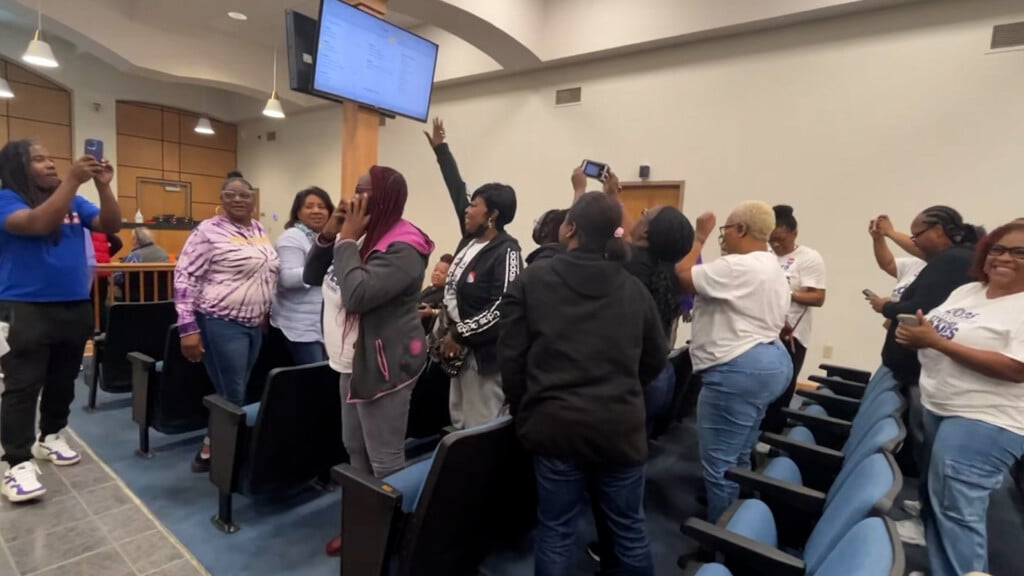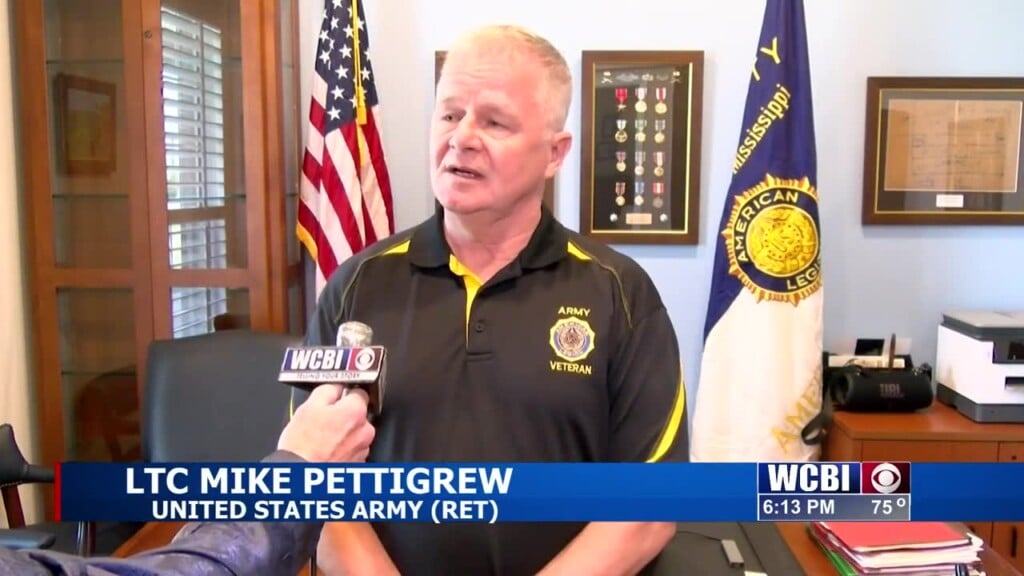Mark Milley says Trump’s intervention won’t affect military discipline
Chairman of the Joint Chiefs of Staff General Mark Milley sought to quell concerns President Trump’s intervention in the cases of three service members last month would lead to a disruption of order and discipline within military ranks.
“We do maintain, and we will maintain good order and discipline,” Milley told lawmakers during a hearing before the House Armed Services Committee on Wednesday. “We will not turn into a gang of raping and burning, pillaging throughout … That is not going to happen because of this or anything else.”
Milley, the military’s top officer, was responding to questions from Democratic Congressman Seth Moulton of Massachusetts, a Marine Corps veteran who said he received a text message from a Marines sergeant major raising concerns about Mr. Trump’s decision to intervene in the military justice cases of three service members last month. Some warned the president’s move would undermine the military justice system.
Trending News
The unidentified sergeant major who texted Moulton called Mr. Trump’s efforts “appalling” and said it “encourages folks to start burning villages and pillaging like Genghis Khan.”
“I think that the uniform code of military justice and the means by which we maintain good order and disciple are a critical element in order to maintain that capability and some level of humanity in combat zones,” Milley said, adding that the president is “part of the process” and has the legal authorities to intervene.
One of the service members whose case Mr. Trump intervened in was that of Navy SEAL Edward Gallagher, who was convicted of posing for a photograph with the corpse of an ISIS fighter. The Navy demoted Gallagher, but the president ordered his full rank to be restored and called for the Navy not to strip Gallagher of his Trident.
The controversy resulted in the firing of Navy Secretary Richard Spencer before he could resign over the president’s decision to intervene in an internal review of Gallagher’s case.
Milley and Defense Secretary Mark Esper were pressed by lawmakers about Gallagher’s case, and Esper was asked whether he would characterize Gallagher as a “war criminal.”
Esper said he would have to read the charges, but said his conviction was “a violation of the law of armed conflict as I understand it.”
Esper and Milley testified about U.S. policy in Syria, including Mr. Trump’s decision to pull U.S. troops from northeast Syria.
Milley said he personally called U.S. allies about the move “as soon as decisions were made” and he and Esper stressed that they had been involved in discussions with the president and the National Security Council.
“I’m talking about Britain, France, and Israel and they were personally called about the discussions and the situation and they were fully aware of the possibilities and the discussion and the situation,” Milley said.
The military general also told lawmakers he “personally recommended” the U.S. pull 28 Special Forces soldiers out of Syria as Turkish troops prepared to invade the northern part of the country.
“There were deliberations and there were 15,000 Turkish soldiers and we had all the intelligence indicators to clearly indicate that orders were written and sent, rehearsals were complete and they were going to attack,” Milley said. “There were 28 United States Special Forces Green Berets, and I am not going to allow 28 American soldiers to be killed and slaughtered just to be killed and slaughtered just to call someone’s bluff.”
Mr. Trump’s decision to pull back U.S. troops from positions in northern Syria in October was viewed by many lawmakers, some in his own party, as a betrayal of Kurdish allies who helped the U.S. defeat ISIS, and as a move that could allow ISIS to reemerge as a regional and global threat.
By mid-November, a ceasefire between Kurds and Syria seemed to be holding, but still fragile.





Leave a Reply